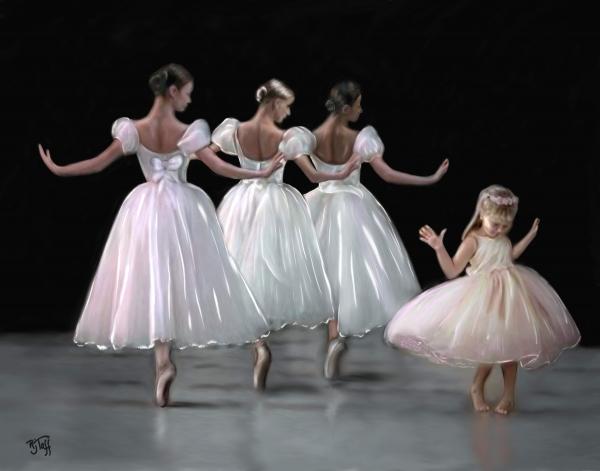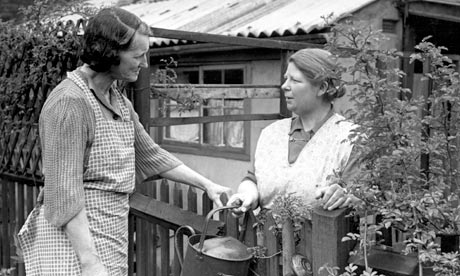We recently discussed a talk on 'Patience" by President Dieter Uchtdof in our Family Home Evening. Our discussion focussed particularly on the importance of applying patience to the journey we all have as we work our way toward perfection. We noted that many people are so burdened by feelings of inadequacy and a lack of belief in themselves that it's especially hard to continue on in the face of repeated failures to accomplish perfection.
So I wanted to pass on a thought I've had about our need to be patient with ourselves:

Babies, children, toddlers are wonderful! They try, and try, and fall or fail, and try again, until they 'get it'. We know that eventually, they will walk, talk, toilet themselves, say 'Mummy, I love you'; even learn to ride a bike, swim across the pool, and read by themselves. Eventually, their toes will touch the floor while they are sitting on the pew in church; their fingers will eventually reach the doorknob, the top of the doorway, (and sometimes, in the case of teenage boys straining to be picked for the basketball team), the ceiling. These things will all, in the normal course of life, always be achieved, just as surely as a 10 kilo snack of chocolate is going to show up on the scales.
Babies don't ever ponder the possibility of failure. It just never seems to occur to them! So they keep trying, until they do advance; achieve; succeed. And we take their eventual success just as much for granted; we also believe that their destiny is to be successful. (Except for the universal proviso of young mums who sometimes wonder if their child will ever sleep through, or ever be toilet-trained, or stop wetting the bed. They will :)

Little Ballerina's Dream painting by Roberta Martin
To look at a baby or a small child, it could seem incredible that they will be able to accomplish so many intricate, fabulous things one day. Except that we know what is possible, and probable, because we have already managed it ourselves. How sad it would be to ever see a baby just give up on trying - to walk, or talk, or feed themselves, knowing as we do know, the progress that would have occurred if they had just continued their efforts.
I wonder if this is the way that Heavenly Father looks at us. He sees us fall over, again and again, and I think that His response probably somewhat mirrors our response to our own children: a warm and vitally interested desire to encourage and support, and a feeling of overwhelming love for the child: walking or not; successful or, not just yet. Perhaps He loves us in the same way that we love our babies, even when they can't do anything much yet! Perhaps He smiles understandingly, as we occasionally do, when the baby who is learning to sit up, puddles over onto their side, or sometimes falls flat on their face, or even when one throws a tantrum. Maybe it really doesn't bother Him that much that it takes us a while to learn what we need to - since He knows that eventually, with His help, we will, inevitably, succeed - if we will only choose to disregard all notions of failure.

Pinterest
I remember with a lot of loving humour the picture of our oldest daughter, Tammy, learning to play her first piano piece for the Beginner's exam. She sat at our piano each day, plonking out the few simple notes, trying over and over again to play the childish tune, before throwing her hands to her eyes and crying, with real anguish one day, "I can't do it, I just can't do it! I'll NEVER be able to learn this - it's too hard!"
Fast forward to her seventeenth year, to the exceptionally difficult and lovely music pieces she practised each day then, in preparation for her Diploma of Music exam. How wonderful it was to hear her filling our home with such intricate and beautiful melodies..
Fast forward to her seventeenth year, to the exceptionally difficult and lovely music pieces she practised each day then, in preparation for her Diploma of Music exam. How wonderful it was to hear her filling our home with such intricate and beautiful melodies..
How wonderful to know that our stumbling, occasionally faltering, and even our sometimes emotionally hysterical attempts now to sound a tune, are one day, most certainly, if we 'continue in patience', destined to become performances of great beauty too!















